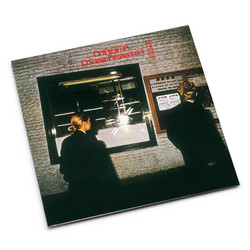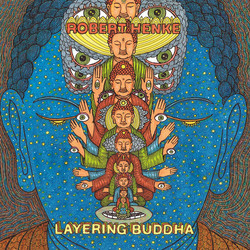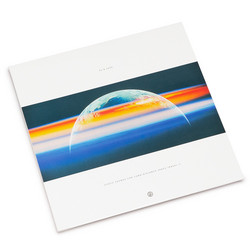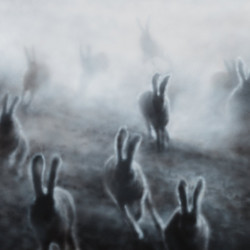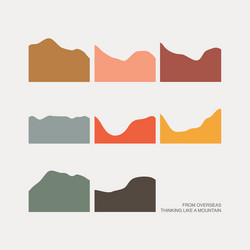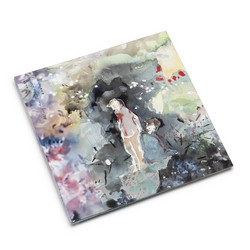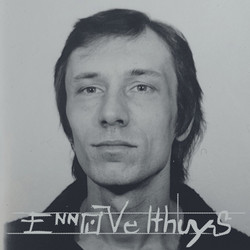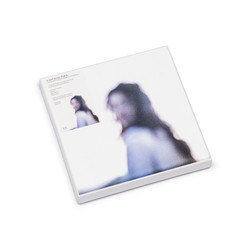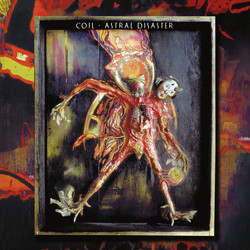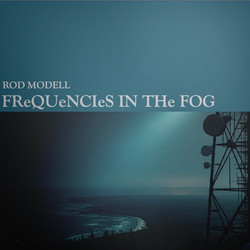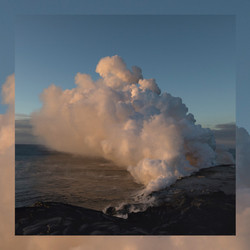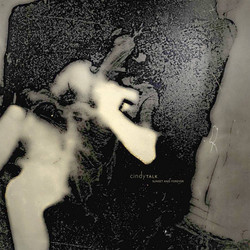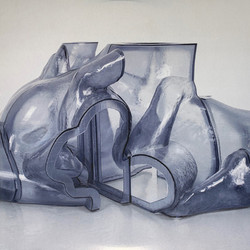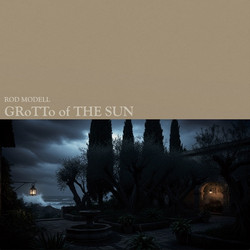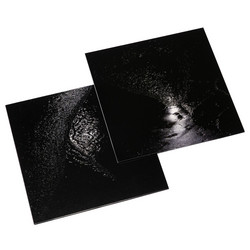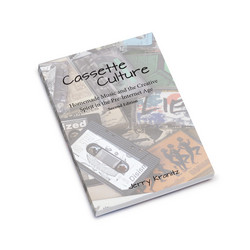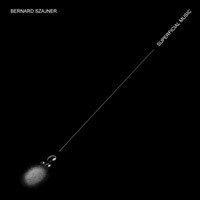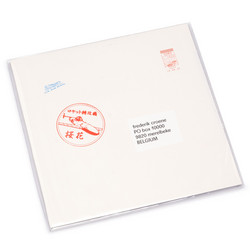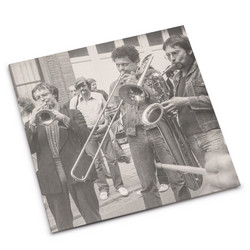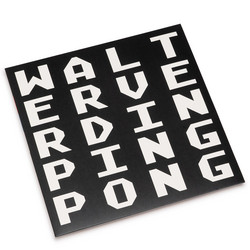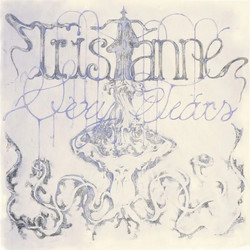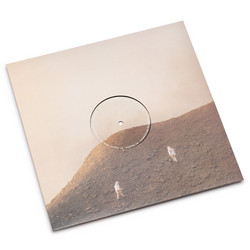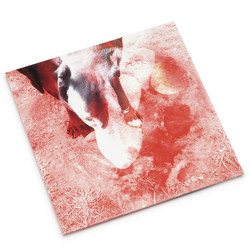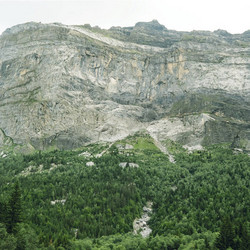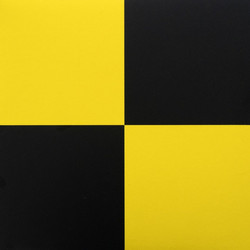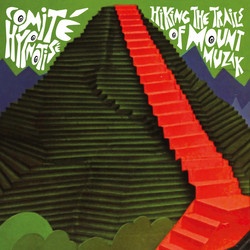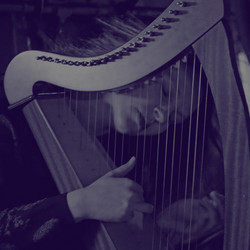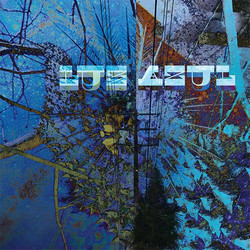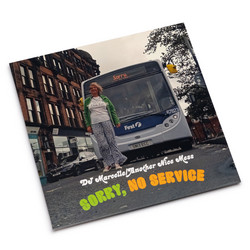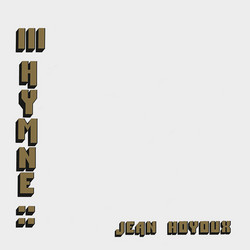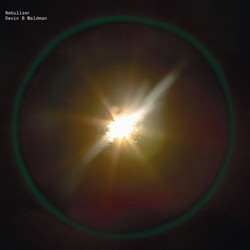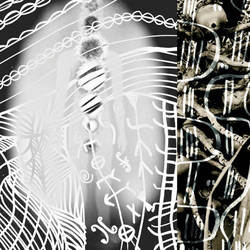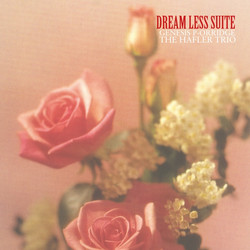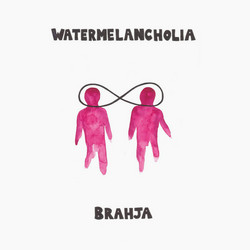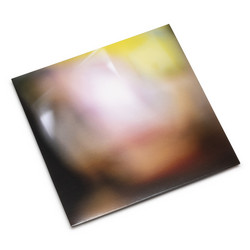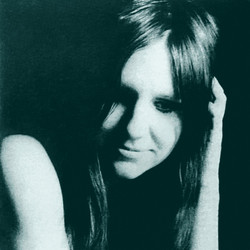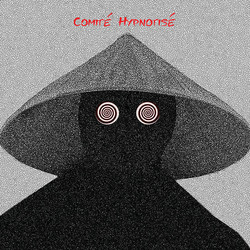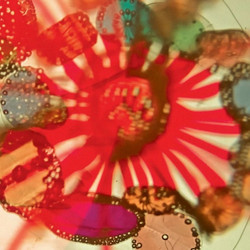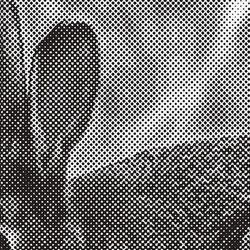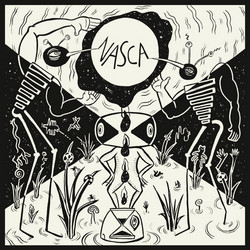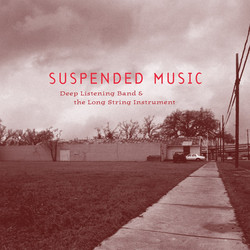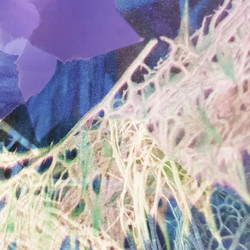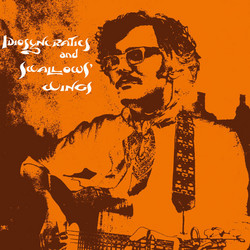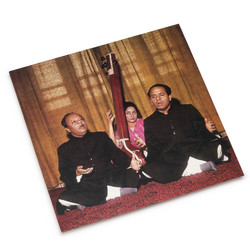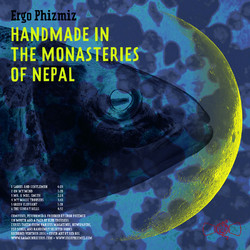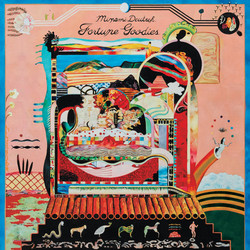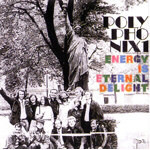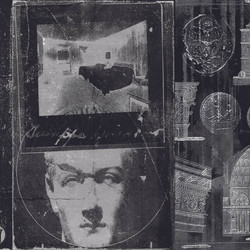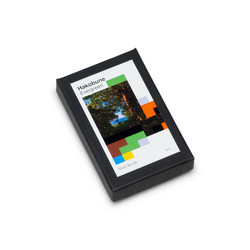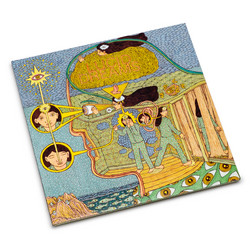2LP + insert. First time vinyl reissue since the original 1980 version. Original remastered album plus second LP with unreleased extra tracks from 'Some Deaths Take Forever' recording sessions. Originally released on Pathé in 1980, the influence and the impact of Some Deaths Take Forever is still vibrating: Carl Craig mentioned it as his all time favorite album in Future Mag, the signature sound of Oneohtrix Point Never feels almost like a not so hidden tribute and the killer sci fi electronics of tracks Ressurector or A Kind Of Freedom resonates through the discography of Air and Daft Punk, to name a few. The album’s first ever vinyl reissue will feature 5 previously unreleased tracks taken from the same recordings sessions, as well as liner notes by Karel Beer and John Olson.
Recording an album about the feelings of two prisoners waiting on death row. As a statement against capital punishment. It was (and even still is nowadays) a delicate and ambitious plan. Bernard Szajner did it, in 1980, after watching an Amnesty International documentary. And stakes were high: at that point in his life Szajner has spent the majority of the 70's doing light and visuals for bands as Magma, Gong, Pink Floyd and The Who. In the meantime he created his own instrument, the 'Syringe', aka the first laser harp, and made his debut as a musician under the Z moniker with 'Visions of Dune'. When listening to 'Some Deaths Take Forever' in 2020 it's hard to believe it was recorded already four decades ago: the melancholic piano theme and the metallic synth riffs of opener 'Welcome to Death Row' set the tone for a mind blowing audio journey which at one moment echoes the vibe of early 80's gloom funk and derailed krautrock drenching into pulsating proto Detroit techno and on the other hand sounds like the blueprint for a futuristic electronic music scene in the years to come.
Excerpt liner notes John Olson: "Szajner's album here sounds different with each listen, a new unnoticed corner blaring aloud to be (re)discovered within any of the ten tracks: strongest mark of a classic if there was any. So buckle in, spray yourself with this electric insecticide and let your shadowy sentence ring out with a "loud clanging noise that turned out be an electronic gavel."
Excerpt liner notes Karel Beer: Now 40 years later when listening to "Some Deaths..." in spite of the uncompromising subject matter and knowing that the written word is his most influential source of inspiration I am struck by the unexpected references that can be heard on the tracks. There's Shaft, Jeff Beck, Morricone, Weather Report and even Timmy Thomas. A truly eclectic bunch that somehow makes sense of an era. It's almost as if Szajner is applying these accidental or intentional influences just as an artist would use inks, oils or found forms to a canvas.

